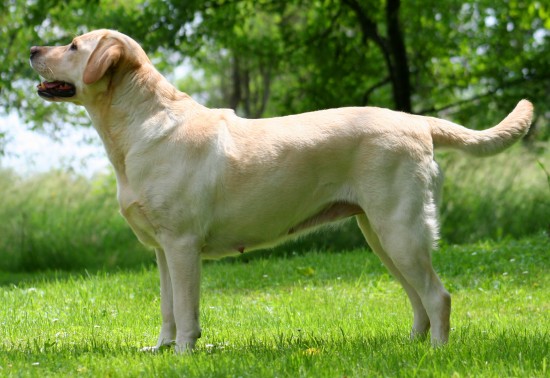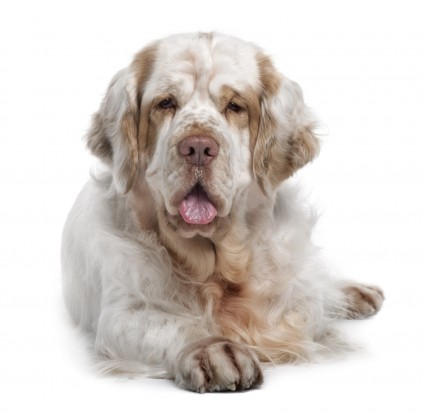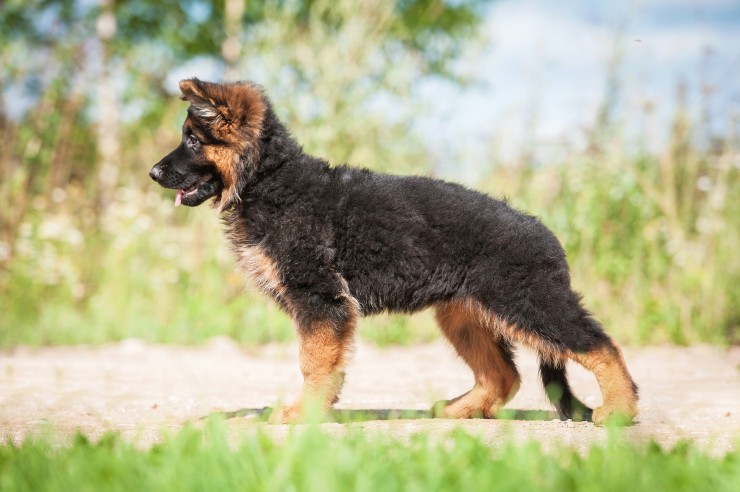
After your pet has surgery with a veterinarian in McKinney, TX, you may have some questions or concerns. In our last post, we discussed what to do about your pet's decreased appetite and lack of bowel movement after surgery. In this article, we will discuss two other common post-op concerns of pet owners: questions about vomiting and how to know if your pet is in pain.
Post-Op Vomiting
Overeating or drinking excessive amounts of water are common causes of post-op vomiting. It’s important to offer these in moderation when a pet returns home.
The after-effects of anesthesia can cause nausea for a few hours afterward. Feeding and watering in moderation is recommended. All food and water should be withheld for a few hours if nausea or vomiting occurs. In most cases, the nausea subsides with time and rest. Keep your pets calm when they return home. Over-exercise or excitement can contribute to nausea.
Any stomach or intestinal surgery can result in nausea for the first two days afterward. We always withhold food for the first 24 hours after the operation, and supply water, electrolytes, and dextrose in IV solutions while the animal is hospitalized. After this period, we introduce EN food mixed with water to make a soup-like consistency. The animals then lap it up like water, and little effort is required of the stomach to move it through to the intestinal tract. We keep pets on this regimen for the first four days after surgery, and then return them to their normal diets.
When your pet experiences vomiting or regurgitation, contact your veterinarian in McKinney, TX especially if the animal also refuses food and this persists for two days. The pet should be re-examined to determine the causes and to begin corrective measures.
If you See Signs of Post-Op Pain, Call Your Veterinarian in McKinney, TX
We use a laser surgical unit to make incisions, eliminating a lot of post-op discomfort because swelling and blood loss are minimized with this technology. Post-op laser therapy is also tremendously beneficial in relieving pain, swelling, and inflammation at incision sites. These tools help our patients to the point that post-op pain is rarely a major problem for our patients.
The type of surgery done has a real bearing on pain after the operation, and must be taken into account when prescribing post-op pain medications. A spay or neuter patient is at much less risk of discomfort than a patient following cruciate ligament surgery, for example. Different levels of pain medication, exercise restriction, range of motion exercises, and post-op laser therapies are prescribed according to the surgery performed.
Signs of pain can include:
Restlessness
Whimpering
Resisting movement
Inappetence
Licking/chewing at incision area
Crying out when moving or being picked up
As a veterinarian in McKinney, TX, I do not recommend home remedies beyond prescribed medications for pain control. Our pet owners are advised to call with concerns so that we can address any and all problems. For answers to these and all other post-op questions, contact your veterinarian in McKinney, TX at Stonebridge Animal Hospital. Call 469-507-2433 today.
 The Role Of Breed Clubs In The Improvement Of Pedigree Dog Breeds
The Role Of Breed
The Role Of Breed Clubs In The Improvement Of Pedigree Dog Breeds
The Role Of Breed
 The Clumber Spaniel – A Gentle Character & Loyal Family Pet
The Clumber Spani
The Clumber Spaniel – A Gentle Character & Loyal Family Pet
The Clumber Spani
 What Should A Puppy Health Guarantee Cover?
What Should A Pup
What Should A Puppy Health Guarantee Cover?
What Should A Pup
 THE HORSES OF ERATH COUNTY: This Texas County Ain’t Horsin’ Around
THE HORSES OF ERATH COUNTY: This Texas County Ain’t Horsin’ Around
 Double Dapple Dachshund Dogs And Their Problems
Double Dapple Dac
Double Dapple Dachshund Dogs And Their Problems
Double Dapple Dac
Copyright © 2005-2016 Pet Information All Rights Reserved
Contact us: www162date@outlook.com